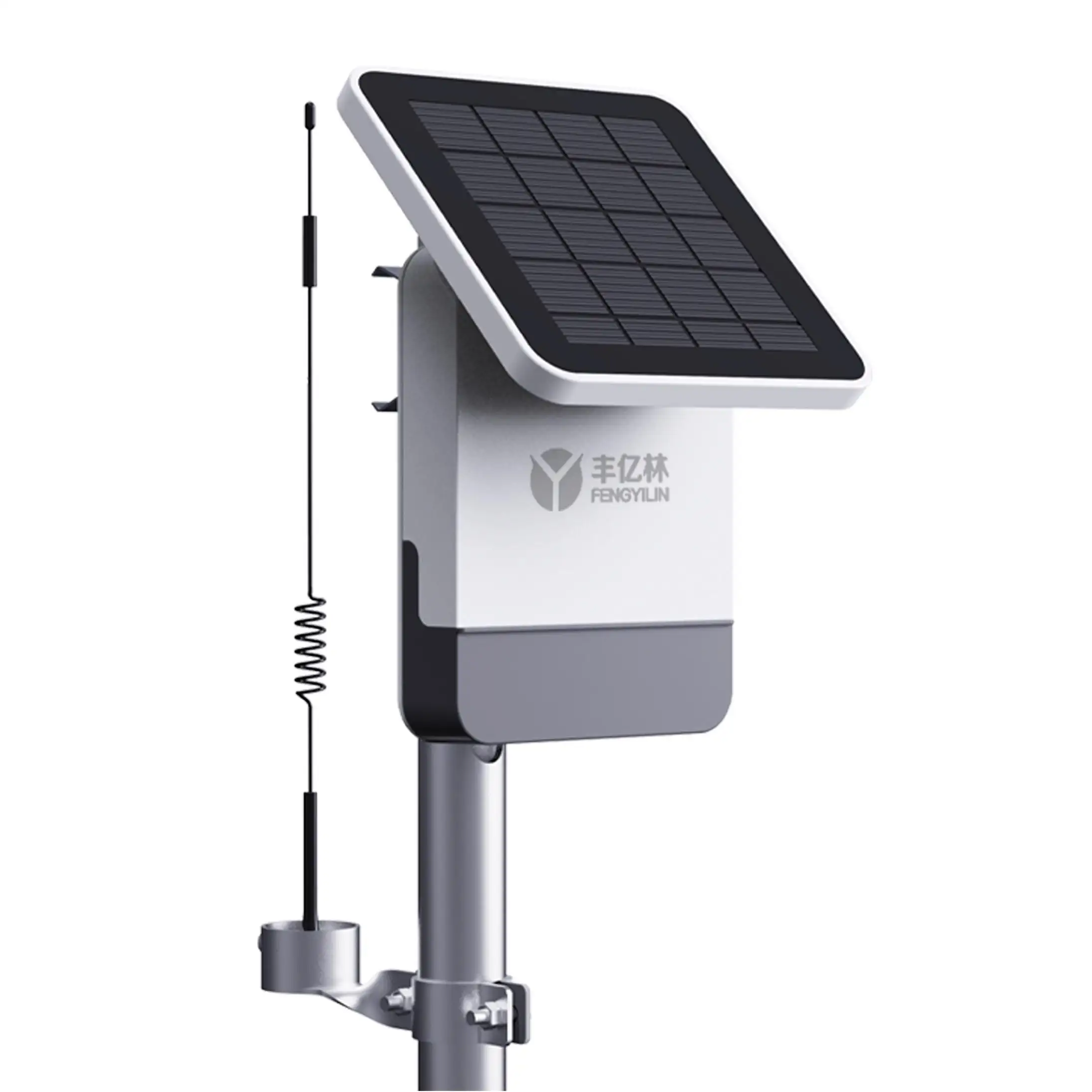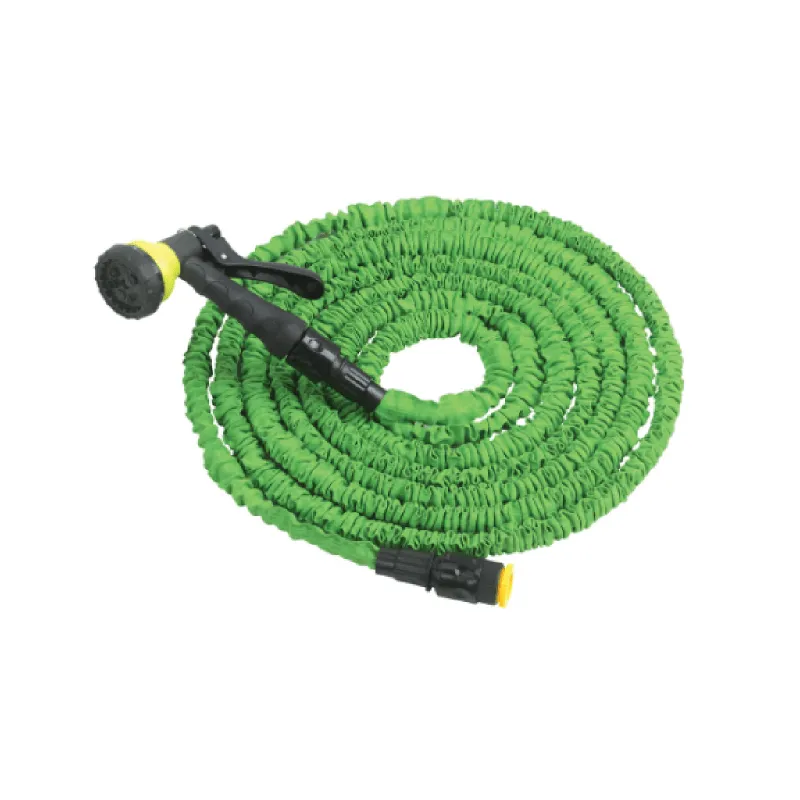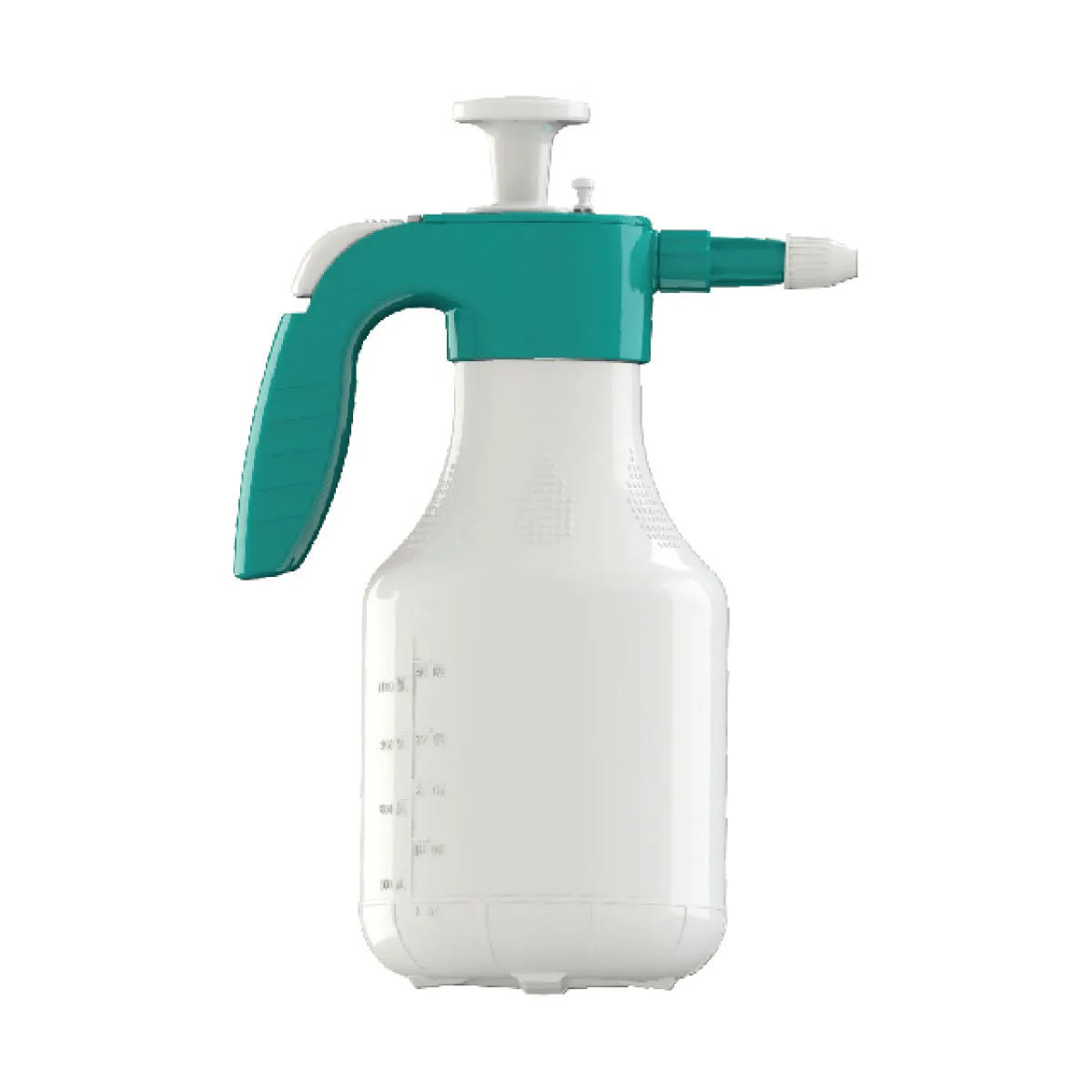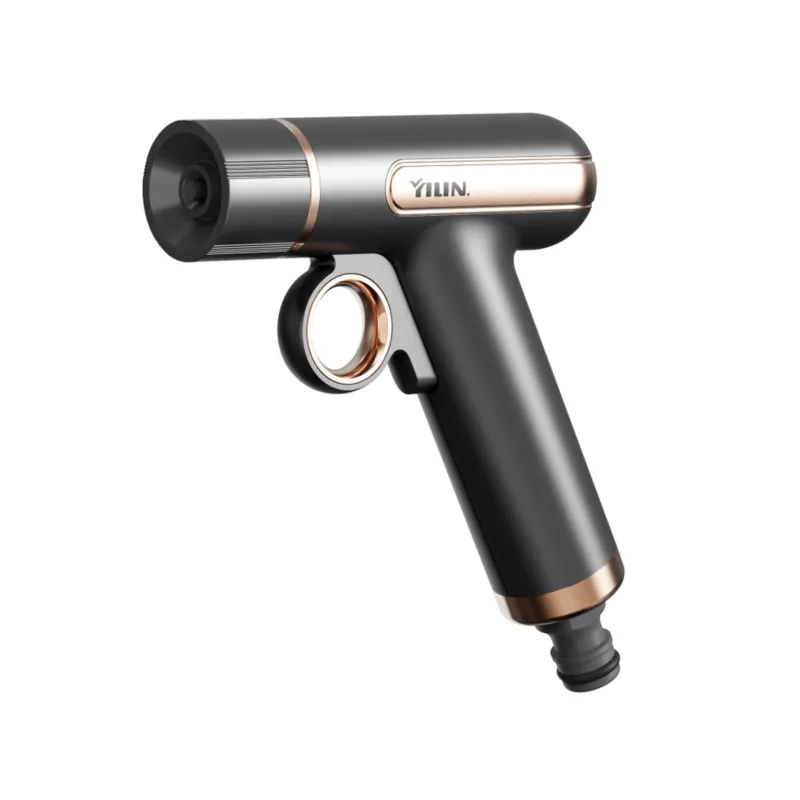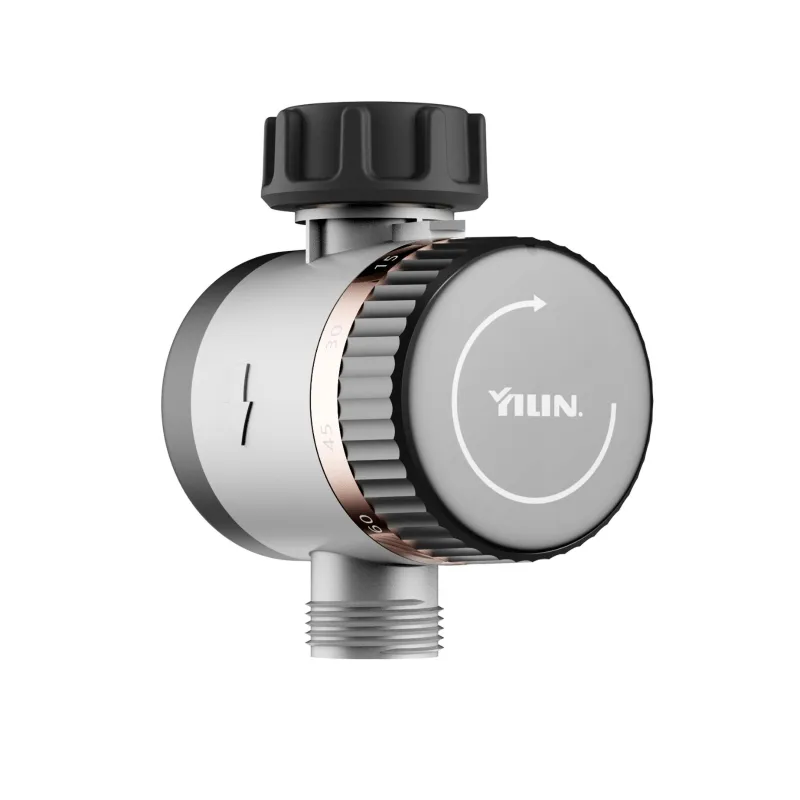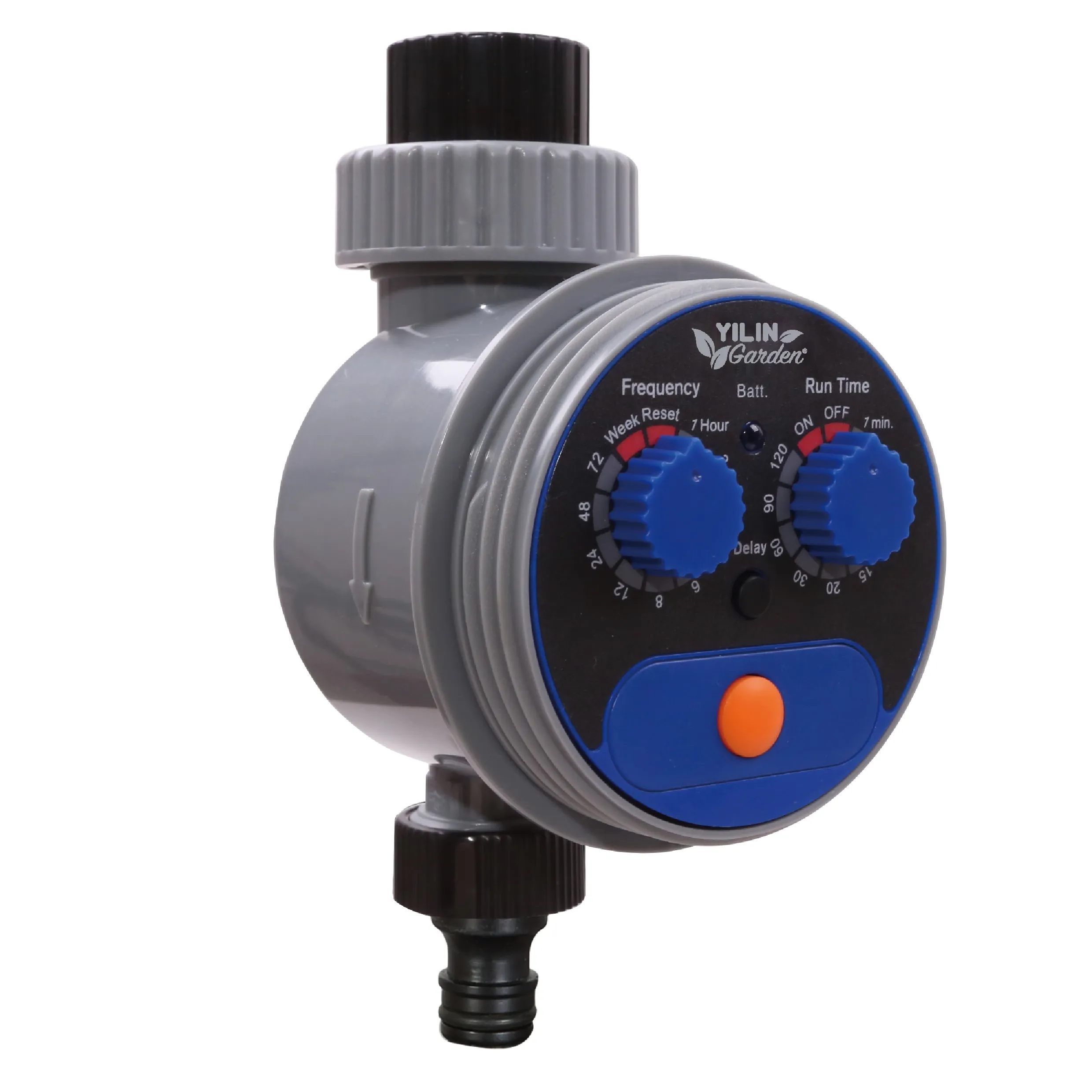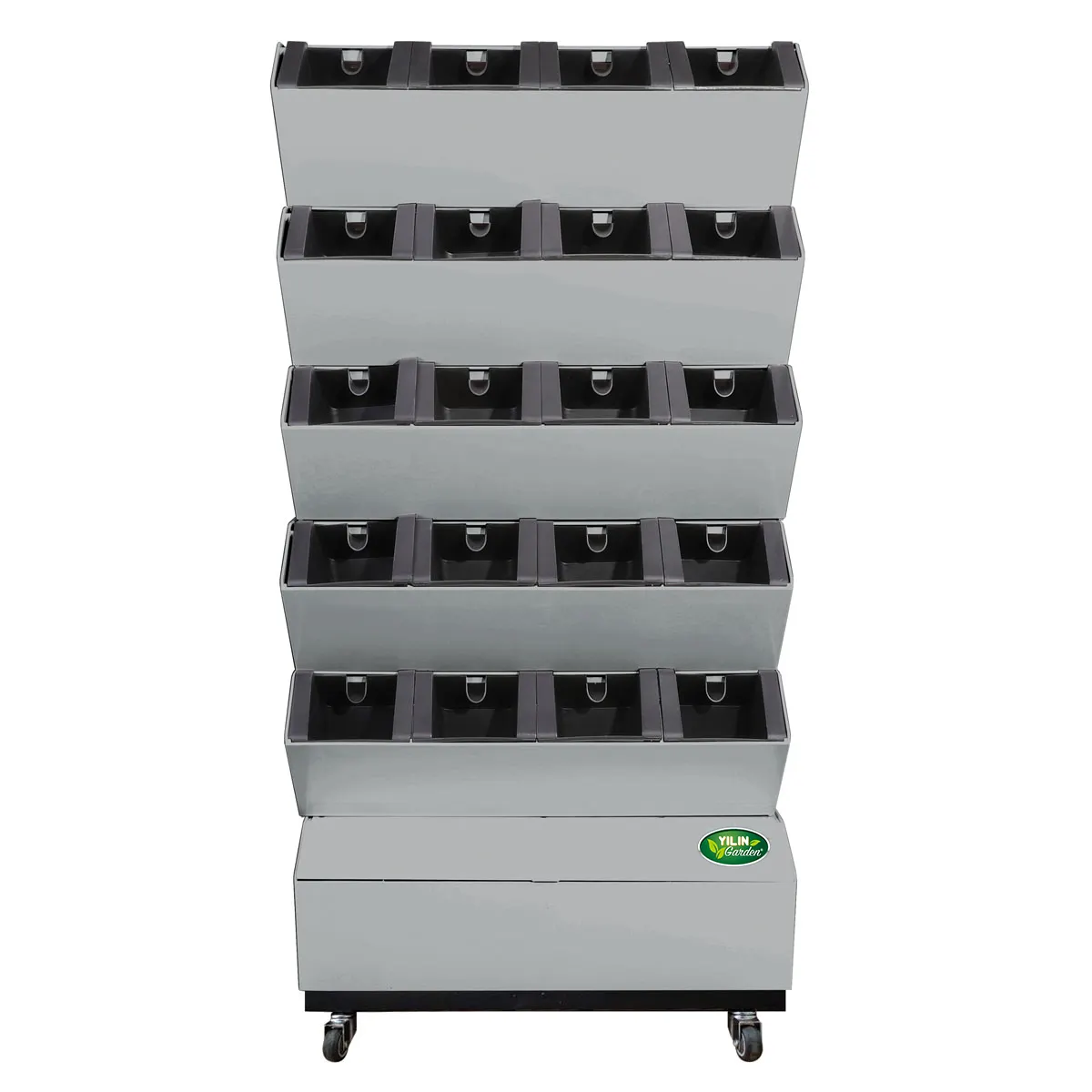precision agricultural irrigation parts
Precision agricultural irrigation parts represent cutting-edge technology in modern farming systems, combining advanced engineering with smart agriculture principles. These components form the backbone of efficient water management systems, including precision sprinklers, moisture sensors, flow regulators, and digital control units. The parts are designed to deliver water with pinpoint accuracy, ensuring optimal distribution across varying terrain and crop types. These systems integrate seamlessly with weather monitoring stations and soil analysis tools to provide real-time data for irrigation decisions. The components feature high-grade materials resistant to corrosion and wear, ensuring longevity in challenging agricultural environments. Advanced flow meters and pressure regulators maintain consistent water delivery, while smart valves enable automated zone control. The parts are compatible with various irrigation methods, from drip systems to center pivot setups, and can be customized based on specific crop requirements and field conditions. These components work together to create a comprehensive irrigation solution that minimizes water waste while maximizing crop yield potential.





